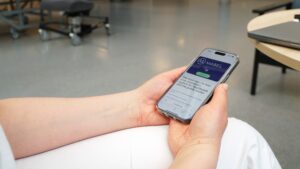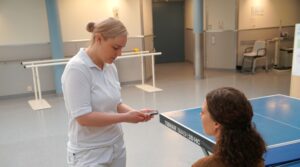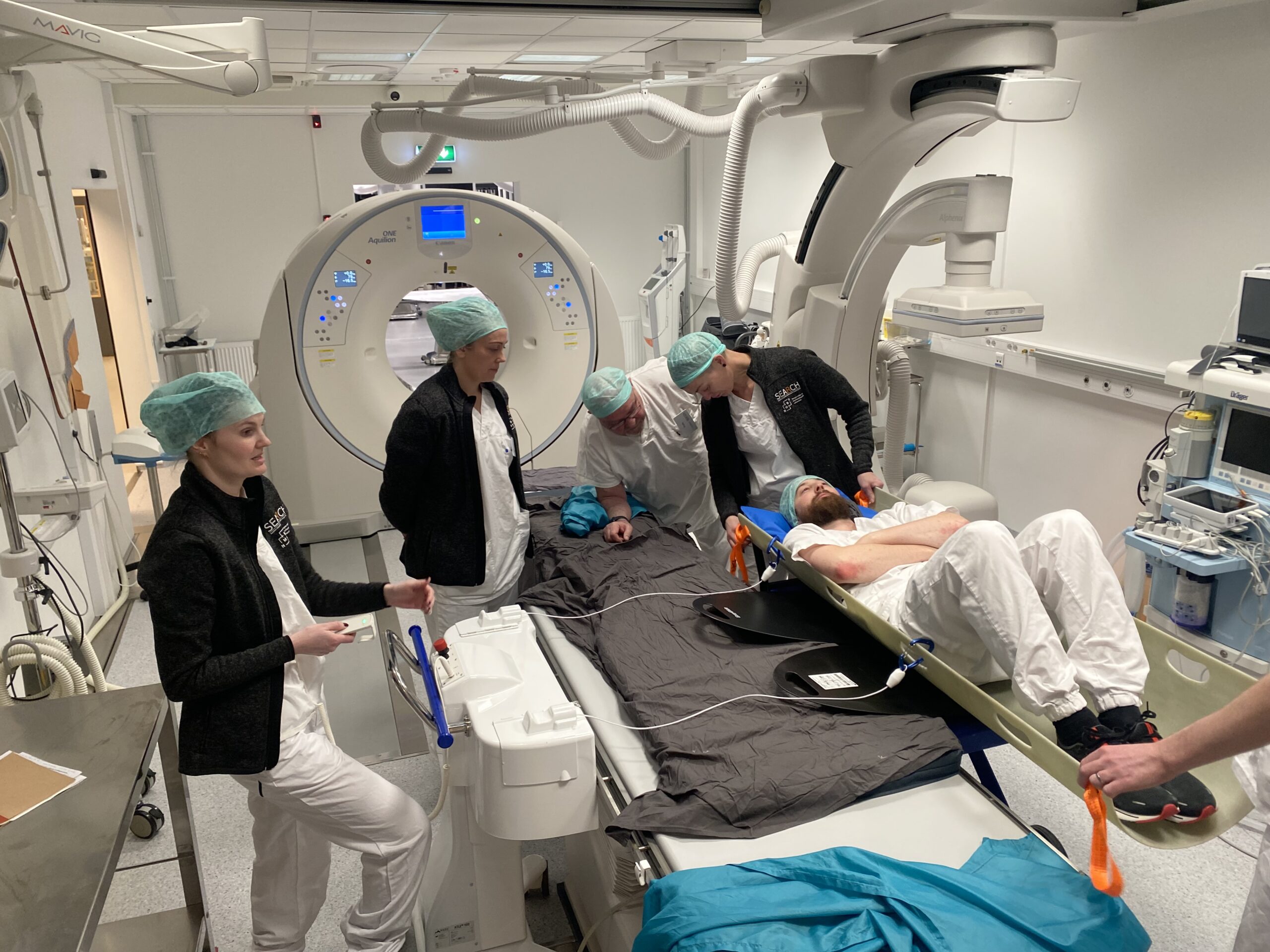The solution is tailored for clinical communication, providing instant and secure translation of medical conversations using Mabel AI’s proprietary AI models. Importantly, this is done without sharing data with third parties. The app is primarily intended for simple, everyday communication and is not yet a replacement for professional interpreters in all situations.

The app functions as both a transcription and translation tool, with data processing occurring either within the organization (on-premise) or locally on the device (on-device). Mabel AI and Sunnaas have worked together to adapt the solution to meet local security requirements.
As a first step, Mabel AI proposed using the app in meetings with Medevac-patients; patients transferred from conflict zones abroad for further treatment in Norway. Sunnaas receives several such patients, including individuals from Ukraine.
Testing began at the end of 2024 and has so far involved the departments for multiple trauma, neurology, burn injuries, and the pediatric unit at Sunnaas. The clinical contact for the project has been Philip Bilberg, and initial experiences have been promising.
“We’re pleased to see the development of robust solutions that address critical needs in the healthcare system. This project also highlights how AI can be used responsibly to provide services we currently lack,” says Philip Bilberg, Head of Department at Sunnaas Hospital.
While several institutions in the healthcare sector are exploring artificial intelligence, there is reason to believe that Sunnaas is among the very first hospitals in Norway to pilot AI-based real-time translation in patient communication. The project is fully integrated into the hospital and is coordinated through the Sunnaas Testbed—an arena for the development and testing of new healthcare solutions.
This article was originally published by Sunnaas Hospital and is reproduced with permission.


